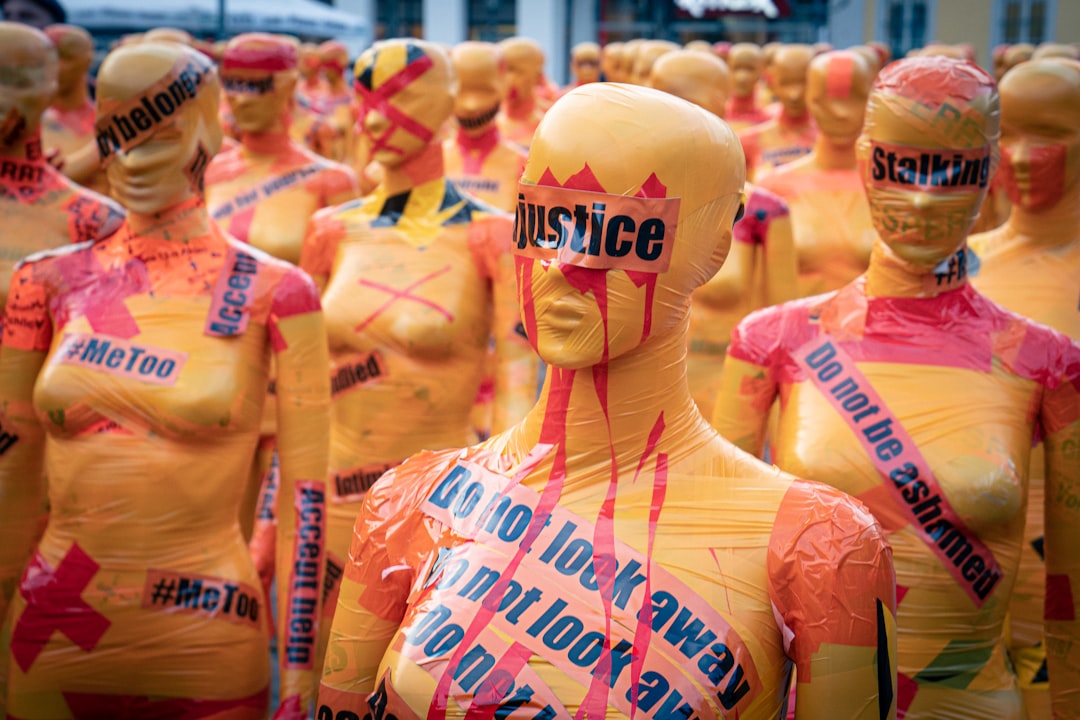
The Justice System’s Double Standard: A Threat to Fairness
In a world where justice is supposed to be blind, it seems to have developed quite the vision. The glaring double standard within our justice system is not just a minor inconvenience; it is a full-blown threat to the very concept of fairness. As we navigate through a myriad of legal controversies and societal issues, the disparities in how justice is meted out are becoming more pronounced and harder to ignore.
The Unequal Scale of Justice
Let’s start with a simple premise: justice should be applied uniformly, regardless of race, wealth, or political affiliation. Yet, we see time and again that this is far from the case. The rich and powerful seem to have a different set of rules that govern their behavior. A classic example is the disparity in sentencing between affluent individuals and the average Joe.
Consider the infamous college admissions scandal. Wealthy parents, equipped with the best legal teams money can buy, found themselves facing relatively light consequences for their actions, while less privileged individuals caught in similar circumstances often receive harsher sentences. This begs the question: if money can buy leniency, what does that say about our justice system?
The Public Outcry and Media Influence
Let’s not forget the role of media in shaping public perception and, by extension, influencing judicial outcomes. High-profile cases often receive extensive coverage, leading to public outcry that can pressure the judicial system. However, it appears that this pressure is not evenly distributed. When a celebrity faces legal trouble, the media may sensationalize the case, leading to a frenzy that can influence the judicial process. Conversely, lesser-known defendants, regardless of their guilt or innocence, often fade into obscurity, receiving little to no public support or scrutiny.
In this environment, the principle of “innocent until proven guilty” often morphs into “guilty until proven innocent,” especially for those without the means to hire a high-priced defense attorney. This is not just an unfortunate side effect; it’s a systemic problem that chips away at the foundation of fairness in our legal system.
Data and Disparities
Statistics continue to reveal a disheartening reality. According to recent studies, people of color are disproportionately affected by harsher sentencing compared to their white counterparts. A black man is far more likely to receive a longer prison sentence than a white man for committing the same crime. This is not merely anecdotal; it’s an established pattern that raises serious questions about the integrity of our judicial system.
A report highlighted that black Americans receive sentences that are, on average, 20% longer than those of white Americans for similar offenses. When the scales of justice are tipped in such a manner, we cannot honestly claim to have a fair system. After all, how can we expect to uphold the basic tenets of democracy when our justice system operates under a different set of rules for different people?
Counterarguments: The Complexity of Justice
Now, before you roll your eyes too hard at this editorial, let us acknowledge the counterarguments. Some may argue that the justice system is inherently flawed, but it is not solely a product of bias; rather, it is a complex web of factors including socioeconomic status, access to legal resources, and systemic issues that require comprehensive reform. While this is a valid point, it does not excuse the existence of double standards that continue to plague our legal system.
A Call for Reform
What’s needed is not just a band-aid solution but a complete overhaul of how we perceive and implement justice in this country. We must advocate for transparency and accountability at all levels of governance and the judicial system. Simple changes, like eliminating cash bail, could level the playing field, ensuring that individuals are judged not by their bank account but by the merits of their case.
Moreover, we need to enforce stricter guidelines for sentencing, ensuring that similar crimes receive similar sentences, regardless of the defendant’s background. It’s time to replace the phrase “justice is blind” with “justice is fair” because, quite frankly, the latter is what we really need.
Conclusion
In conclusion, the double standard in our justice system poses a significant threat to fairness, equity, and ultimately, the rule of law. As citizens, we must remain vigilant, advocating for a system that genuinely embodies the principles of justice for all. After all, a society that fails to uphold fairness in its legal practices is a society that risks descending into chaos.
Let’s not allow the scales of justice to remain tipped in favor of the privileged; it’s high time we restore balance and ensure that justice is truly blind.
Tags: opinion, editorial, current events, justice system, fairness, double standard, legal reform


